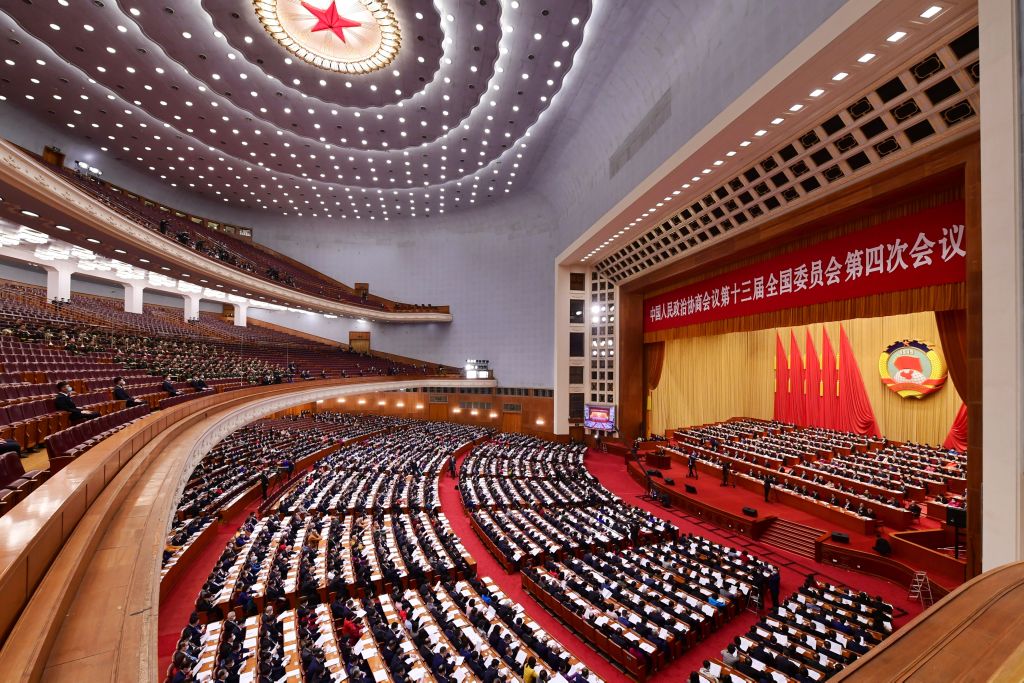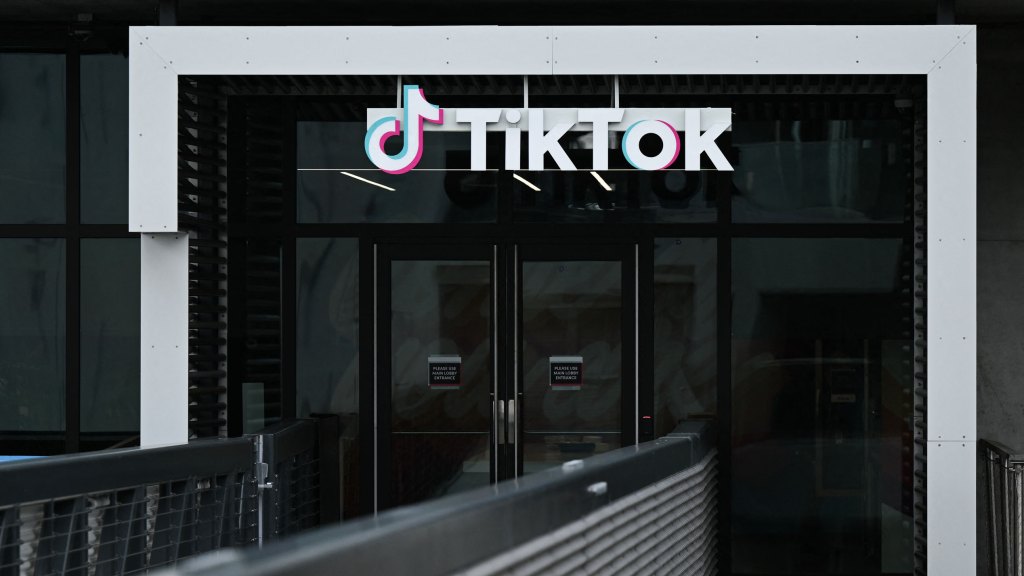Venture capital has become a more global industry as the tech sector slowly decentralizes. In 2022, more than 50% of VC deployed globally was invested in startups outside the U.S., according to data available from the National Science Foundation (NSF) — a stark contrast to 20 years ago, when nearly 80% of the world’s venture capital went into U.S. companies.
Countries like China, India, Israel and the U.K. have led the charge in this shift, but smaller ecosystems across Europe, Latin America, Southeast Asia, the Middle East and Africa are also paying a part.
Today, some 26% of the world’s unicorns are in these markets, according to a report by Endeavor Global, the organization that works with founders to build companies around the world with economic or social impact. Endeavor has worked with more than 1,500 companies across 40+ countries to date.
Endeavor Catalyst, Endeavor Global’s co-investment fund, is home to over 50 such unicorns (having invested in over 300 companies across 30 countries). Some include Spanish talent marketplace Jobandtalent; Mexican digital freight forwarder Kavak; Indonesian aquaculture startup eFishery; Nigerian fintech Flutterwave; UAE buy now, pay later startup Tabby; and Turkish gaming company Peak Games.
Investments largely from the U.S. have turbocharged the minting of unicorns in these markets during the hype years of 2020/21. However, global venture capital investment activity has since slowed down, with a 38% decline year-over-year, resulting in fewer unicorns, a slower dealmaking process, and a retreat of global investors from emerging ecosystems.
This retreat and the reset in valuations over the last couple of years have unsettled a few stakeholders across these ecosystems. Not only are there not enough local investors to write large checks, but most are starting to approach deals timidly and sometimes self-serving, according to Endeavor CEO Linda Rottenberg. For instance, in 2023, the African ecosystem saw a massive retreat from investors with a 50% decrease in unique participating investors, per a Partech report.
In a recent conversation with TechCrunch, Rottenberg discussed how local investors can step up their game, why patient and long-term capital needs to be prioritized in emerging ecosystems, and the role of Endeavor and its co-investment arm in between.
This conversation was edited for length and clarity.
Venture capital has become a global industry, evident in Endeavor’s 300+ investments, mostly outside the U.S., where one in six companies in your portfolio is a unicorn. How has Endeavor managed to achieve this?
So I think the fact is that we are entrepreneur-first. We like to support them, and even if not all investments work out with some of our founders, we see the next generation of C-suite go on to found the next companies and ecosystems. That’s the secret of Silicon Valley.
I was with the CEO of a defunct African company, and he told me how 10 people had gone on to start their own [startups]. I asked another CEO who had just left his position, and he told me about how 30 people had done the same. This is what seeds ecosystems. Also, we don’t get scared. Whether the naira or riyal devalues, we’re on the entrepreneur side. We have 600 people on the ground and mix this capacity with pattern recognition and a global understanding. That’s why we have 58 unicorns and 24 exits.
Our last fund was $300 million. We’re raising fund V next year, which we’ll cap as we still want to invest $2 million to $3 million in our startups. We get into 96% of the deals in our network as entrepreneurs, investors and ecosystems trust us because we take a long-term view. So I think that’s number one.
How does the co-investment process work with the global community?
Once you’re an Endeavor entrepreneur and pass through that selection process where you have to be unanimously selected by venture capitalists, entrepreneurs, or people who’ve scaled companies like Amazon and Netflix, you become an Endeavor entrepreneur. So you’re part of that peer-to-peer network.
We help you expand internationally into some markets and with any sort of business challenges you have. But also, if you raise around $5 million or more — we’ve invested in $5 million rounds and $200 million rounds — from a qualified institutional lead, Endeavor Catalyst will come in at 10% of the round, capped at about $2 million.
Finding enough qualified institutional investors for Series A, B and C is one of our biggest challenges in Africa. So, part of what we’re trying to do is seed the local ecosystem. There are some really strong seed-stage investors now, and we have to walk them up so that we have backers in the growth stages. We’re also trying to encourage global investors, whether from the U.S., London, Singapore, Dubai or Saudi Arabia, to look at founders in Nigeria, for example, so that we have a list of qualified leads that Endeavor Catalyst can follow. So it’s sort of that mix. So what I say is we’re patient, we’re trying to build the ecosystem locally, and we can also attract people globally who may be more nervous about emerging markets.
How are your efforts going to build ecosystems locally and attract global investors?
We were there early in Brazil and Indonesia. We can say the same for Saudi Arabia, Spain and some of these other markets like Greece. Right now, of all the 40 markets we’re in, the ones we’re most excited about in the next 5-to-10-year periods are Nigeria, Egypt and Vietnam. This is where it’s next.
We’re trying to convince global investors who feel like they missed out on Brazil and Indonesia that these markets are next. We think these are big and important markets with impressive size, scale and talent.
So, what we’re trying to do is get investors to feel the FOMO rather than wait until there are big exits from these countries, which will take the next three to five years. That’s why we want to work with the local investors to get stronger and more entrepreneur-friendly terms, which has not been the case recently in African markets.
I think investors here have not been through down cycles, and therefore, we’ve seen the terms are much harsher in terms of liquidation preferences. Everybody’s recapping companies across the world. Investors in other markets are doing it where the entrepreneurs and teams still have incentives to grow. But here, it looks like investors are doing it so that they grab whatever they want, which is not a good strategy for the long term because then they’re dooming the company.
There’s also the fact that in Latin America, Southeast Asia and the Middle East, local capital has developed over time, with local founders becoming funders — from Careem and Checkout.com to Mercardo Libre and Loft. So you’re seeing founders becoming full-time funders. So I feel like we’re seeing some maturation around the world, but Africa is still really nascent.
While I agree it’s not on the scale of other markets, I’d say there are a handful of African founders who are now part-time and full-time funders. But talking about global investors, you’ve mentioned how Endeavor is striving to make them return. How has their retreat affected Endeavor’s deal-making process?
So that’s why it’s great that we have the hybrid model, right? We have the fund with $500 million in assets, and we have to have qualified institutional investors follow along to invest. We’ve made five investments in Nigerian companies. We hope to double that in the next couple of years, which would be great.
But at Endeavor, within the nonprofit ecosystem we’re building, we’re there no matter what. So the answer is that the fund can only invest when we have qualified investments. So we’re doing our darndest to try to convince investors that the talent is there and that now is a good time, with good prices, and they’re moving more toward profitability.
The Brazilian market is coming back. And by the way, Brazil has about eight companies lined up to IPO after Nubank. Nubank is a 10-year story and Brazil had already been 10 years in the making. So really, in Nigeria and Egypt, it’s going to happen. On the other hand, we’re doubling down and helping entrepreneurs, we’re helping them explore options: getting to profitability, raising debt, and figuring out an equity solution if necessary. As I said, I would be happier if we had more Series A-C investors with whom we could have conversations about how to restructure deals. We’re doing that in Latin America and, to some degree, in the Middle East. It’s been more challenging here, so we’re very excited about these new seed, Series A investors, but it’s going to take them two to three funds before they start moving up the market.
Could the problem also be that there is a lack of viable growth-stage startups in Africa? Right now, some growth-stage funds focused on the continent are coming in quite early.
I think Tiger and SoftBank didn’t do anyone favors with the [very high] 2021 valuations. So we’ve seen around the world people recapping, which is normal and OK as long as you do it in a way that you have some incentive for the founders in the next stage. I think growth-stage startups are prepared to take haircuts in valuation, but it needs to make sense.
During the good times, U.S. investors will come in, but they will always pull out. There will always be the tourist capital, so enjoy the ride when they’re there. But emerging ecosystems have to have a strong local investor base, particularly at the growth-stage, so that when tourists pull out, investments can still happen.
What do you think local investors in Africa could learn from their counterparts in Latin America, Southeast Asia and the Middle East?
They should learn that now is the best time to invest. It’s back to Warren Buffett: “Be fearful whenever others are greedy and greedy when others are fearful.” Everyone’s fearful now, basically, so it’s the best time. Believe in the talent, believe in the market, especially in Nigeria, and realize an extended time horizon. It takes 10 years to grow American companies; it’s going to take 10 to 15 years in emerging markets.
We have a company in Mexico, Clip, looking to go public about 15 years after its founding, and people are so excited about that happening in Mexico. It takes time. And then once that happens, what we’ve seen in places like Brazil, Indonesia, and big markets, it kicks off. Invest now so you don’t have FOMO later. Go to the As and Bs; there’s still money to be made. And VCs at larger funds should not be doing a lot of seed investing, you’ve got to be putting the money to work. That’s what I think.
Flipping it, what could founders in Africa learn from other emerging markets?
They should learn that it’s always harder for the pioneers. The first generation is always the hardest, and they should feel proud of what they’re doing — even if not every business right now works out because the capital is not there or because they’re early in the market.
All the ideas we’re backing are seeding the ecosystem; we’re building this multiplier effect. And I think investors need to give founders some grace and give each other a break.






























Comment